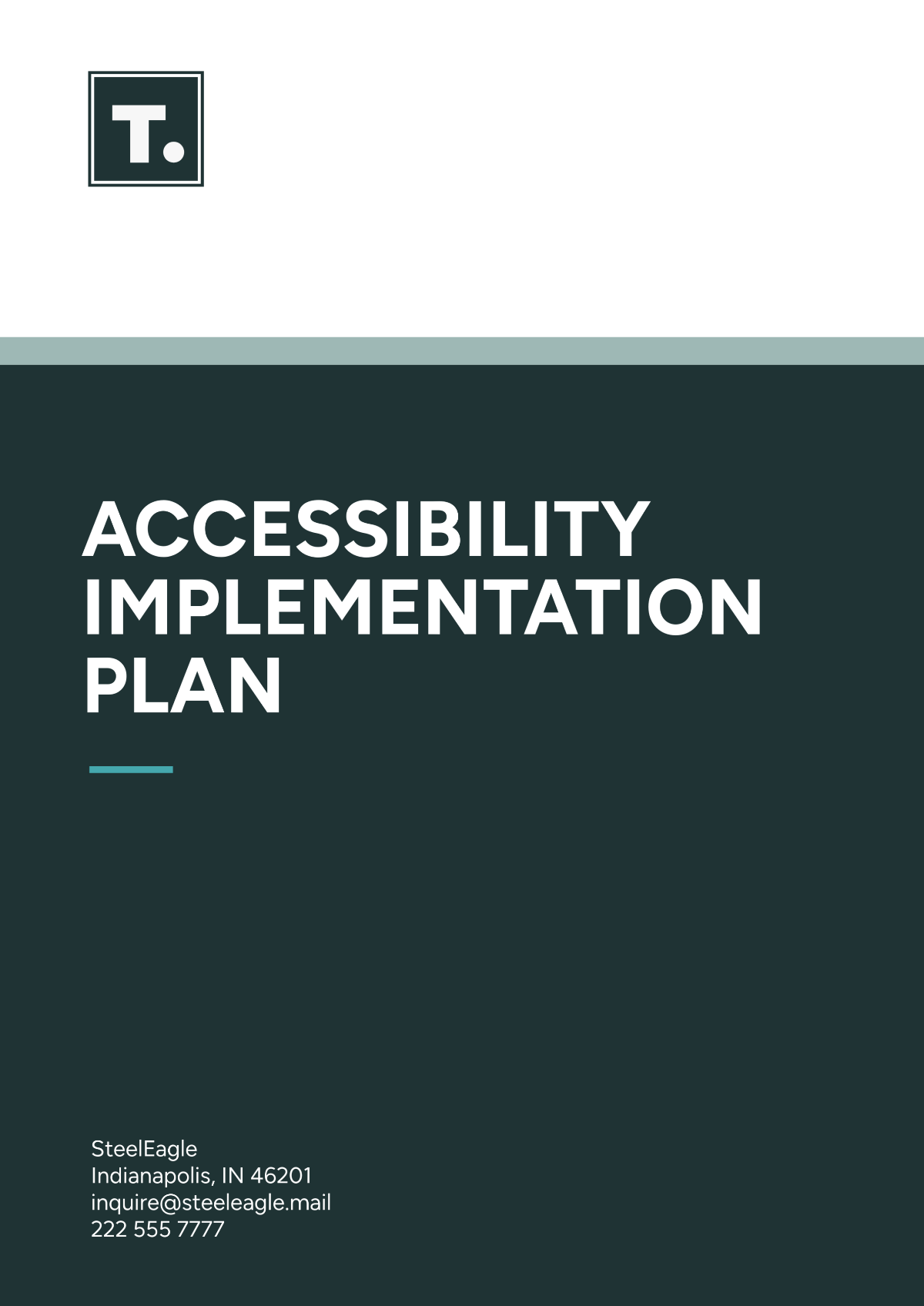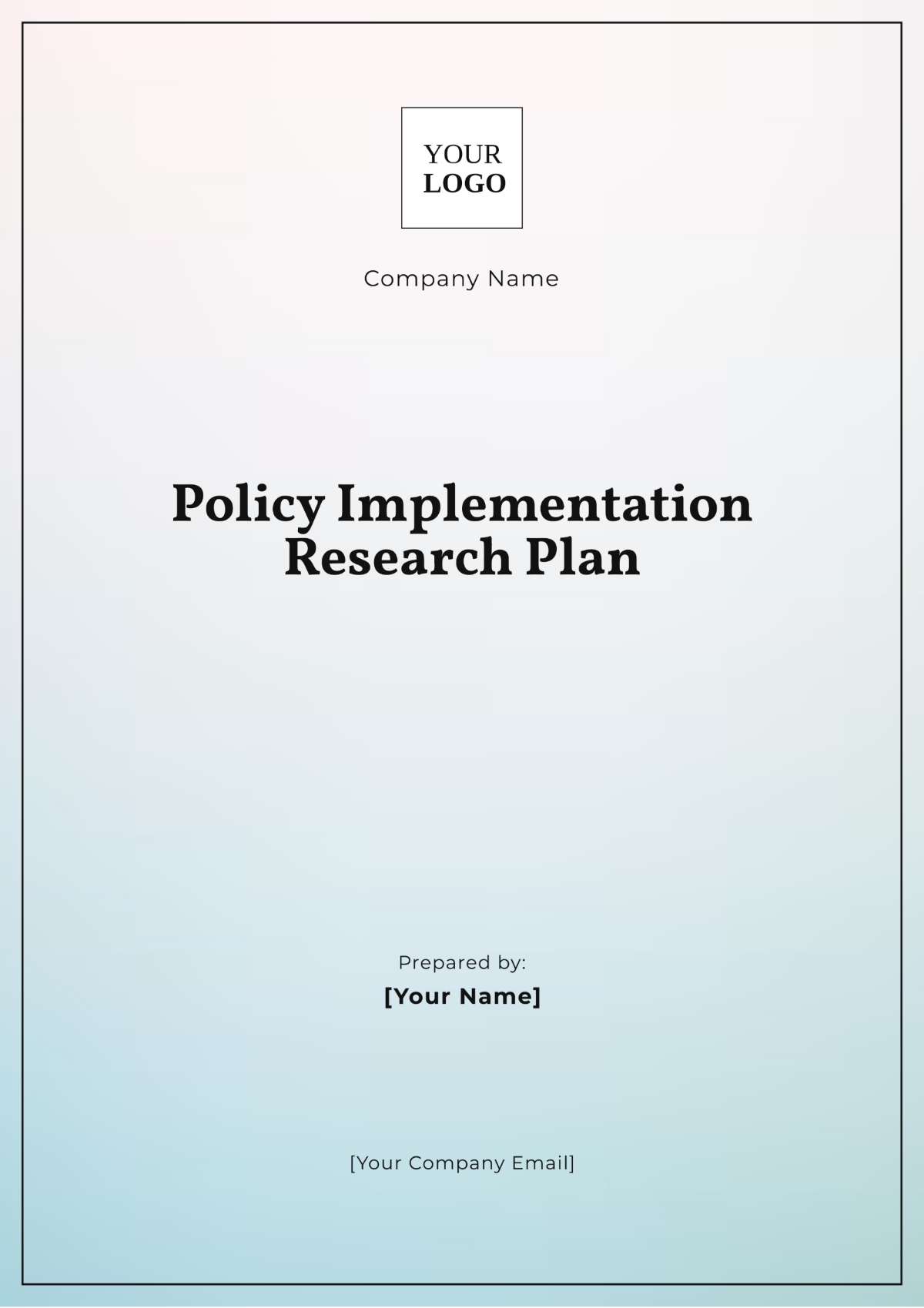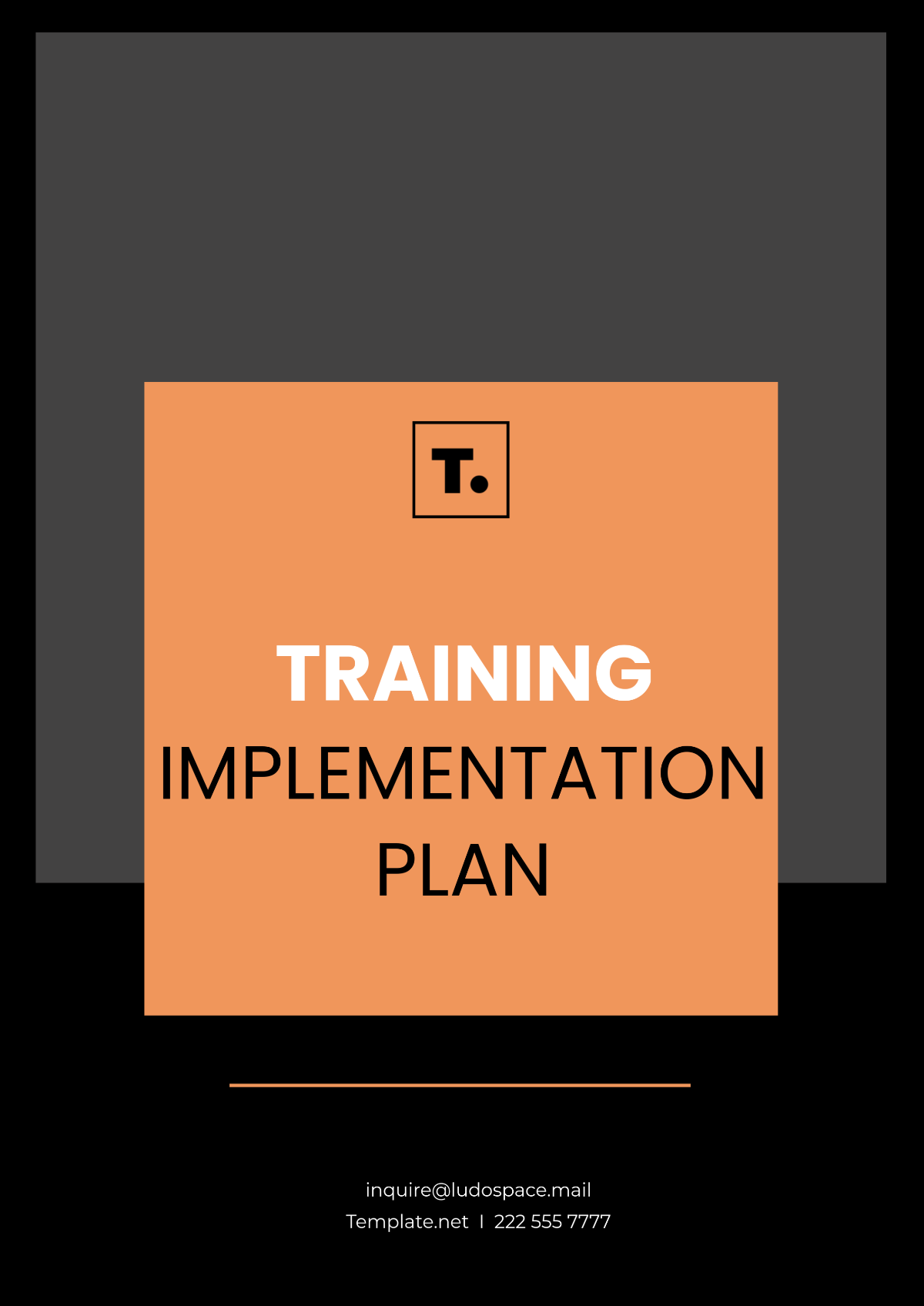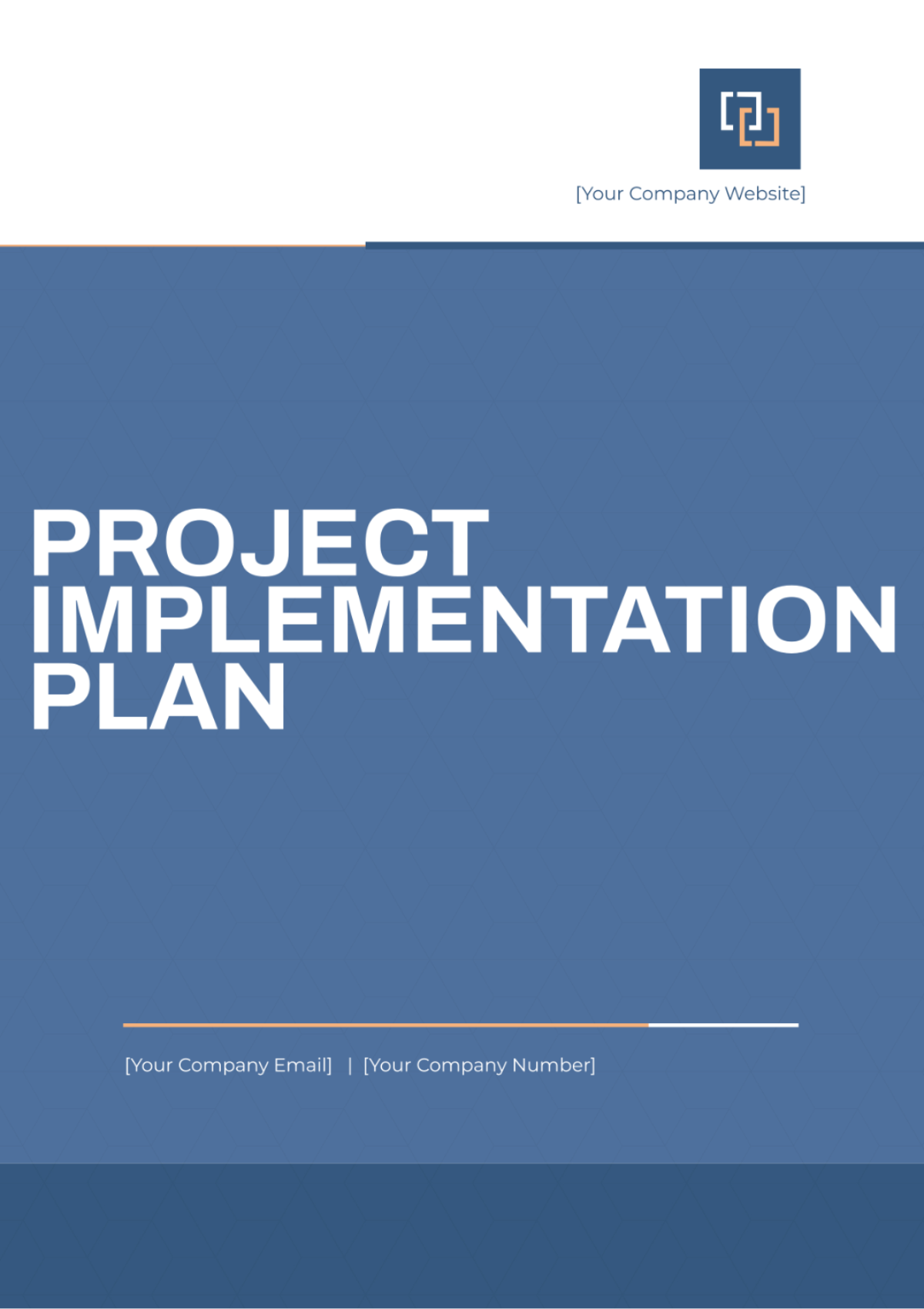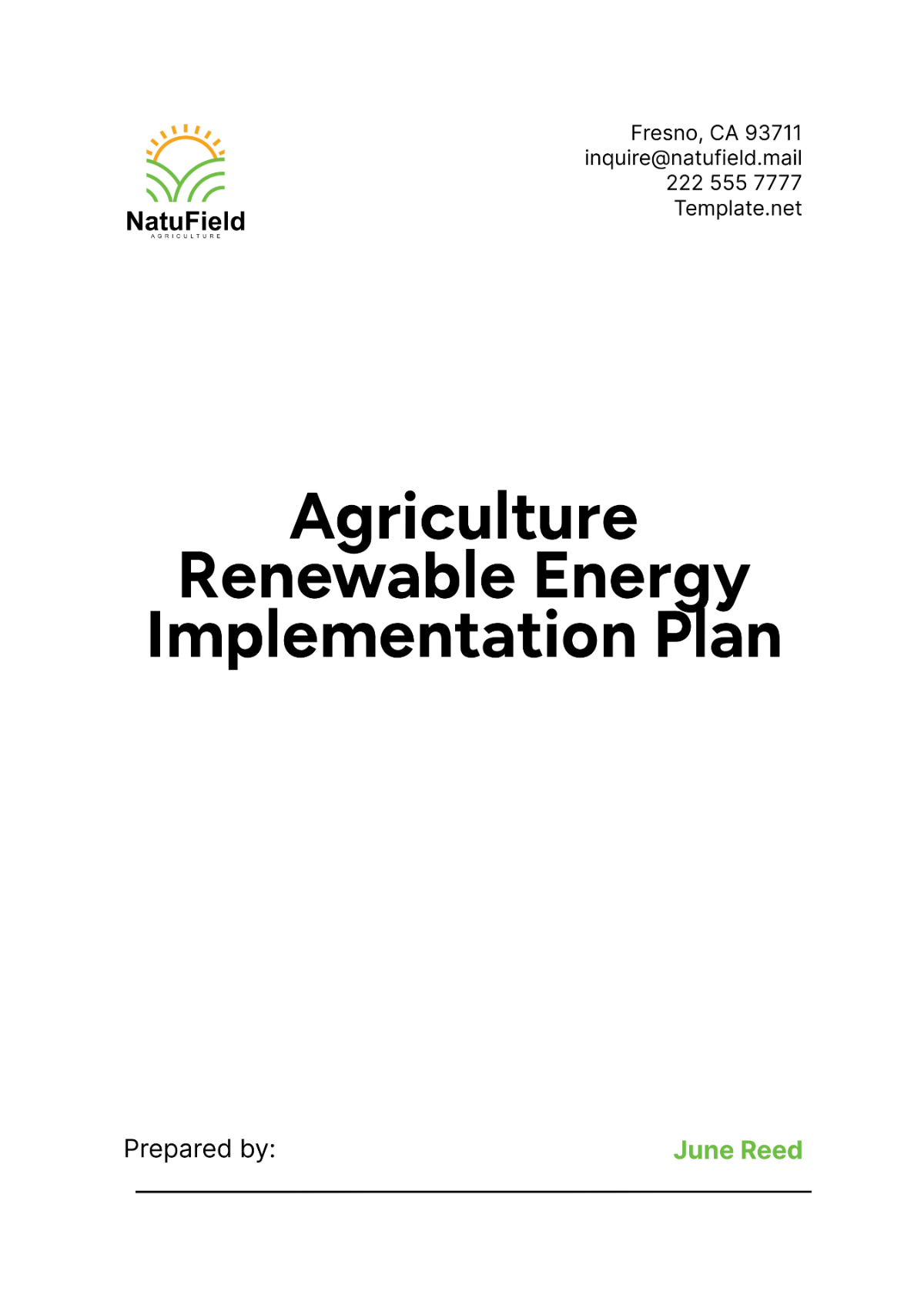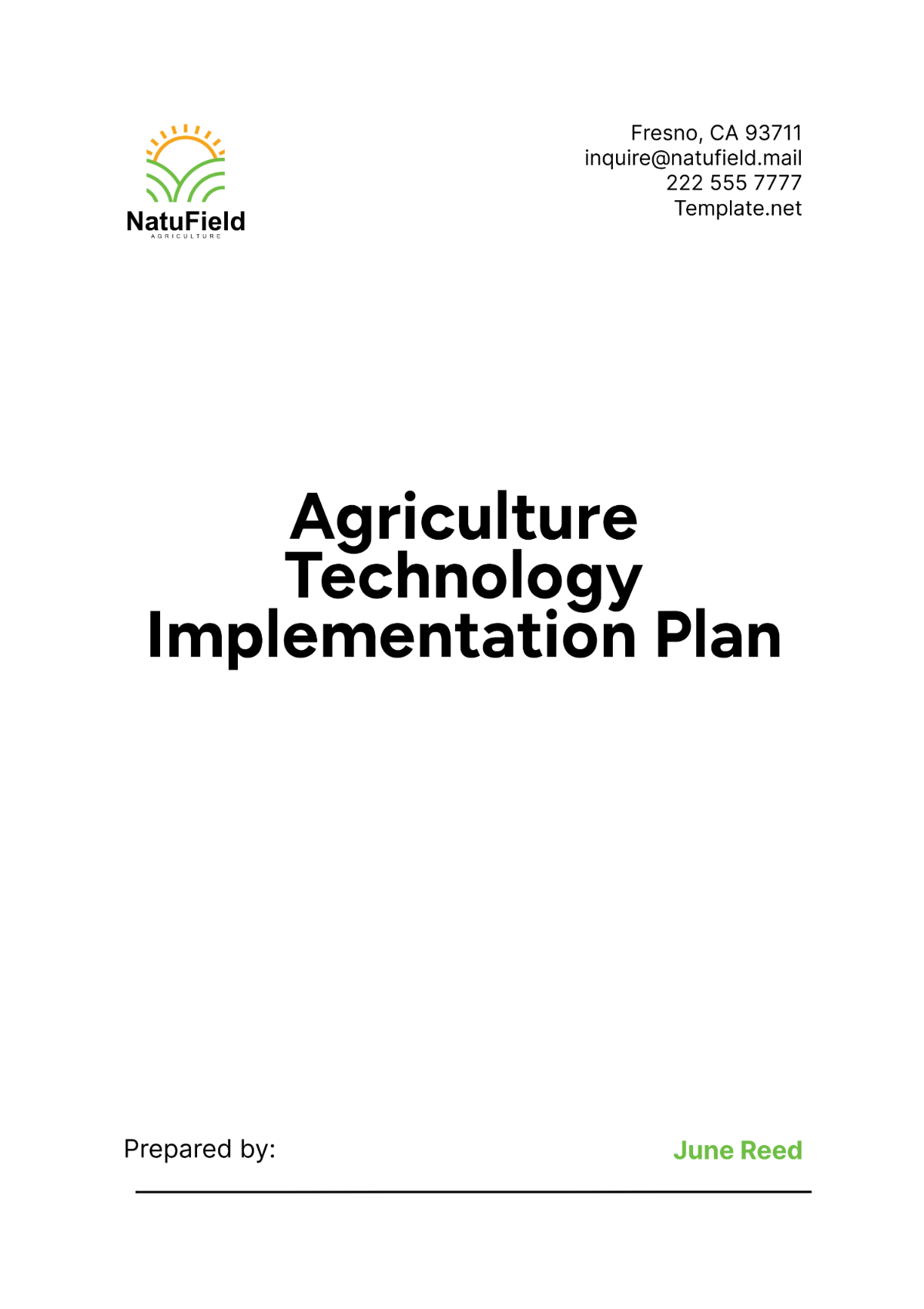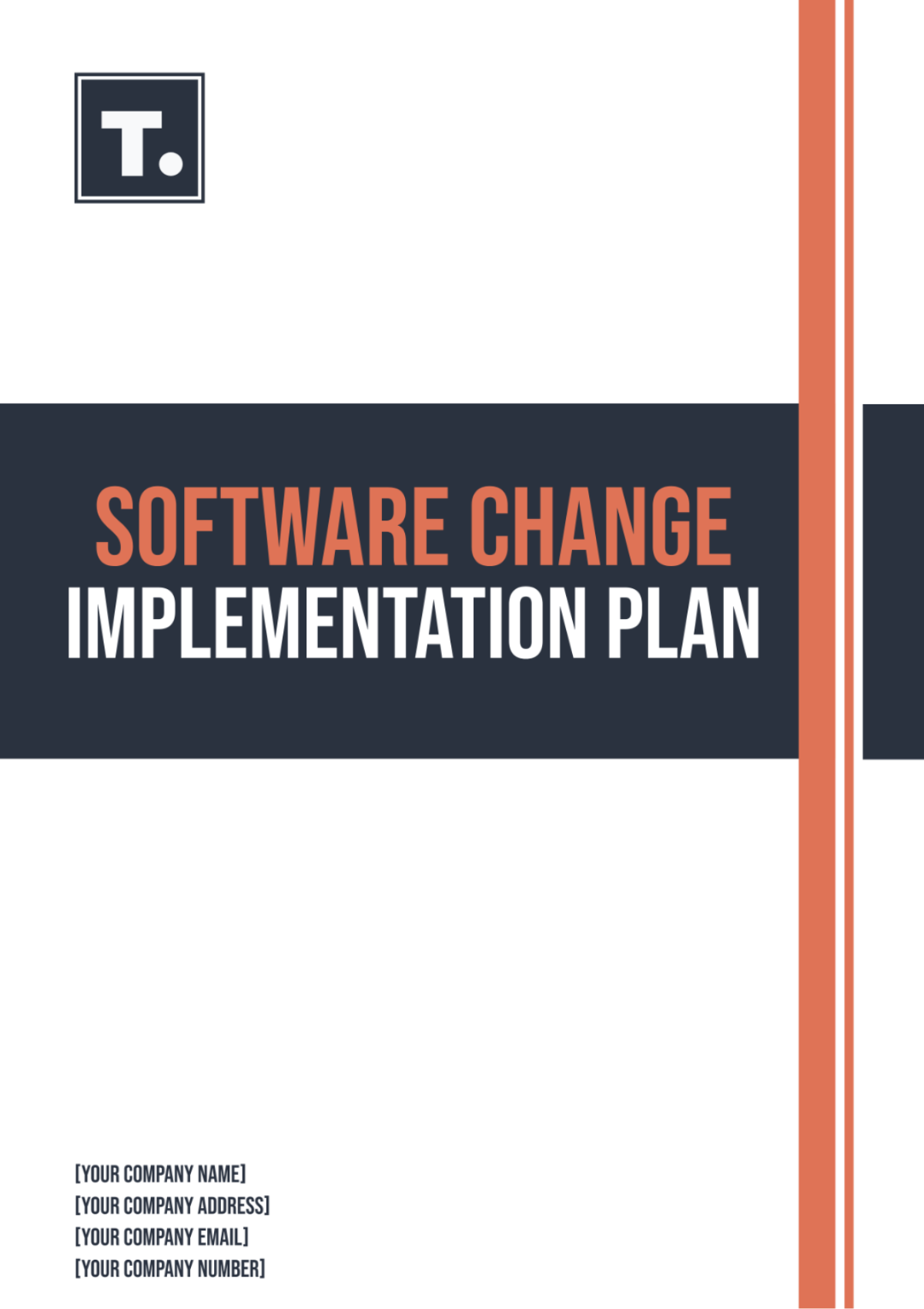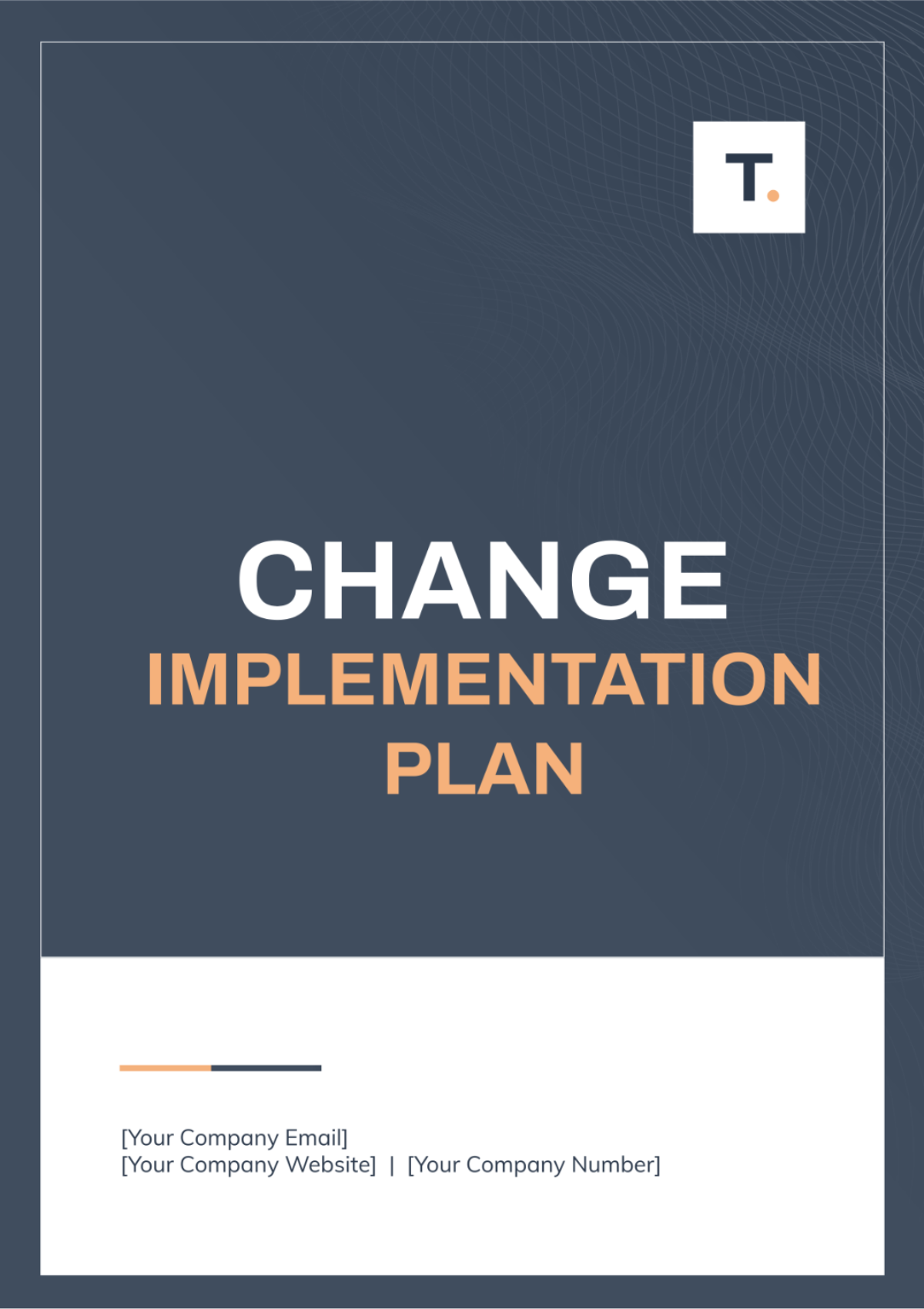Policy Implementation Research Plan
Company: [YOUR COMPANY NAME]
I. Introduction
This research plan aims to evaluate the effectiveness of the [YOUR COMPANY NAME] implemented in 2050 to increase the quality and accessibility of green spaces in urban areas. Our primary objective is to determine whether this policy is achieving its intended goals of improving urban residents' mental and physical health. By systematically analyzing the policy's implementation and outcomes, we seek to provide data-driven recommendations for future policy enhancements.
II. Literature Review
Existing research highlights the significant benefits of urban green spaces on public health and well-being. Studies conducted between 2050 and 2052 have shown mixed results regarding the accessibility and usage of newly established green areas. This review will identify gaps in the current understanding of policy impact, focusing on underrepresented urban communities.
III. Research Questions and Objectives
Our primary research question is: "Is the Urban Green Spaces Policy effectively improving the quality of life for urban residents?" We aim to assess the policy's success in increasing green space usage, improving mental health, and fostering community engagement. Our objectives include identifying key success factors and barriers to effective policy implementation.
IV. Methodology
We will employ a mixed-methods research design, combining quantitative surveys with qualitative interviews. Data collection will involve surveying 2,000 urban residents and conducting in-depth interviews with 50 stakeholders, including policy makers, community leaders, and residents. Data analysis will use statistical techniques to identify trends and thematic analysis for qualitative data.
Quantitative Surveys: We will distribute structured surveys to 2,000 urban residents to collect data on their usage and perceptions of urban green spaces. The surveys will include questions on frequency of visits, perceived benefits, and barriers to access.
Qualitative Interviews: In-depth interviews will be conducted with 50 stakeholders, including policy makers, community leaders, and residents. These interviews will explore their experiences, challenges, and insights regarding the implementation of the Urban Green Spaces Policy.
Observational Studies: Researchers will conduct systematic observations of selected urban green spaces to assess usage patterns, maintenance conditions, and community engagement activities. These observations will provide contextual data to complement survey and interview findings.
Document Analysis: We will review relevant policy documents, implementation reports, and urban planning records to understand the policy framework and assess compliance with policy objectives. This analysis will help identify discrepancies between policy intentions and actual outcomes.
V. Implementation Plan
The research will be conducted over a two-year period, starting in January 2051 and concluding in December 2052. Key milestones include the completion of surveys by mid-2051 and the analysis of interview data by early 2052. We will require a budget of $500,000 to cover personnel, data collection tools, and analysis software.
Ethical Considerations
We will ensure all participants provide informed consent before data collection begins. Confidentiality and anonymity of respondents will be maintained throughout the study. Ethical approval will be sought from the [YOUR COMPANY NAME] in 2050.
Stakeholder Engagement
Key stakeholders include urban residents, local government officials, and community organizations. We will engage these groups through regular updates, workshops, and feedback sessions to ensure their perspectives are incorporated into our findings. Stakeholder involvement will be critical for validating our research and ensuring actionable recommendations.
VI. Data Management
Data will be securely stored in encrypted databases, with access limited to authorized research team members. We will follow strict data privacy protocols to protect participants' information. Data retention policies will comply with the [YOUR COMPANY NAME]'s guidelines, ensuring data is available for future research.
Analysis and Reporting
We will analyze survey data using statistical software to identify significant trends and correlations. Qualitative data from interviews will be transcribed and analyzed thematically to uncover insights into policy implementation challenges and successes. Findings will be reported in comprehensive research papers and presented at policy conferences starting in mid-2053.
VII. Conclusion
This research plan outlines a systematic approach to evaluating the Urban Green Spaces Policy's effectiveness in urban areas. By addressing key research questions and involving stakeholders, we aim to provide robust recommendations for policy improvement. Anticipated challenges include ensuring representative sample sizes and managing diverse stakeholder expectations.
VIII. References
A comprehensive list of references, including peer-reviewed articles, policy documents, and relevant books, will be compiled to support the research plan. Key references will include studies on urban green spaces, public health impacts, and policy analysis methods.
